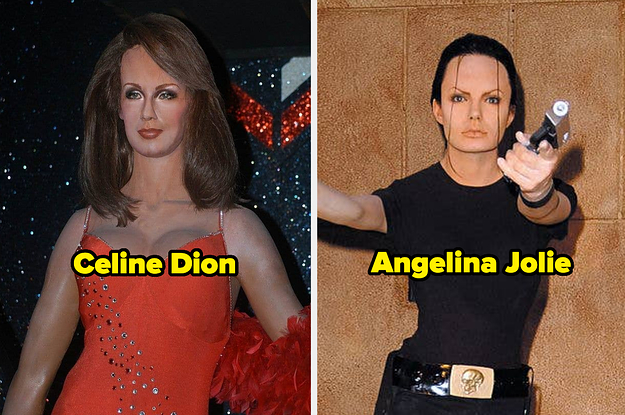
Bangor has set new rules to regulate the more than 130 short-term rentals, like Airbnbs, that were previously operating illegally in the city.
The new rules, approved by the city council on Monday, will require rental operators to get their units inspected and licensed regularly and cap the number of short-term rentals that can operate in the city, among other requirements.
City staff have been working on the rules for the past three years after it was first recommended in a housing work group’s report released in 2019, Anne Krieg, Bangor’s economic development director, said. Staff have tweaked the proposed rules over time based on feedback from residents.
The city wants to set regulations for the rentals so they don’t eventually occupy too much of Bangor’s housing stock or raise property rental or purchase costs, Krieg said. City officials hope this will help Bangor avoid a problem some of Maine’s coastal communities have encountered as more Airbnbs appeared to serve tourists, throwing off the state’s already tight housing market.
While city staff were aware of, and monitoring, the city’s short-term rentals, Bangor previously didn’t have any rules for the rentals, which meant they were operating illegally, Krieg said.
Bangor’s planning board unanimously approved the new rules last week after more than a dozen people spoke in favor or against the regulations. Several commenters said operating a short-term rental allows them to supplement their income. Others, however, worried allowing more short-term rentals will change Bangor’s neighborhoods and make housing even harder to find.
The new rules define short-term as less than 30 days with an exception for housing that is rented to temporary workers, like traveling nurses or construction workers. Other businesses, including hotels, motels, inns, bed-and-breakfasts and boarding houses also will not be subjected to the rules.
The new rules require all short-term rental owners to get a license for each unit they rent, Those licenses must be renewed annually at a cost of $250. If the unit doesn’t need to be inspected to be renewed, the renewal fee is lowered to $100.
Short-term rental units will have to be inspected by a city code enforcement officer every three years to ensure they meet certain life safety standards. Each inspection costs $100.
The new rules differentiate between hosted and non-hosted rentals, but allow both kinds in every part of the city.
Hosted rentals are those at the property owner’s or operator’s primary residence, as when someone rents a room in a home, or an accessory dwelling unit when the owner lives in the attached home.
Non-hosted rentals could include an entire apartment or house that’s available for rent, but the owner does not live there.
The rules state that Bangor can’t have more than 153 non-hosted rentals, which is 1 percent of the city’s housing stock. This gives some room for more non-hosted rentals to establish, as Bangor only has 136 Airbnbs now, according to Krieg.
Short-term rentals also can’t make up more than 50 percent of a multi-unit building, but only if the entire building is owned by one person, the new rules state. This means if one person owns a building with 10 apartments, only five may be short-term rentals.
Furthermore, each short-term rental owner cannot operate more than five units.
With the rules approved, city staff will give all short-term rental operators six months to get their units inspected and licensed.
A complete copy of Bangor’s new short term rental rules can be found on the city’s website.








